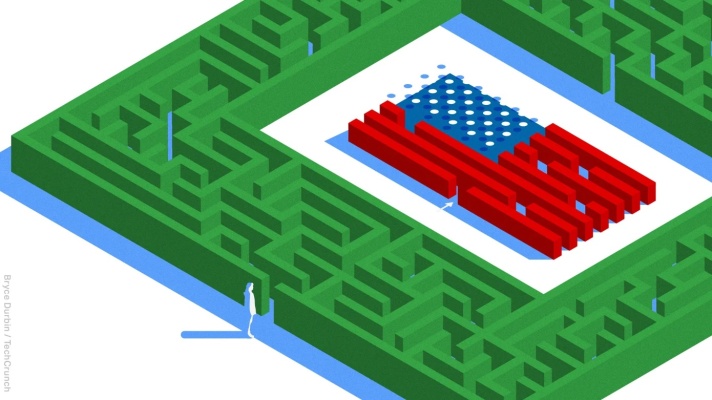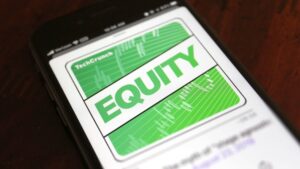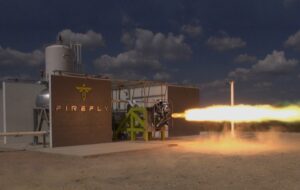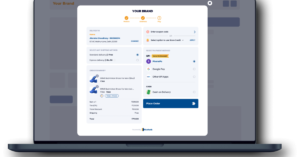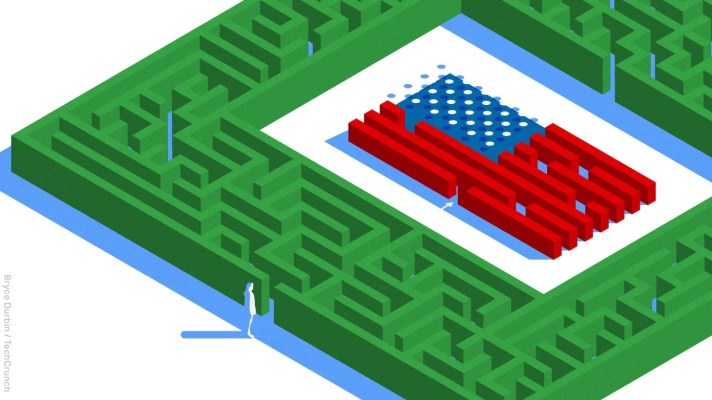
Here’s another edition of “Dear Sophie,” the advice column that answers immigration-related questions about working at technology companies.
“Your questions are vital to the spread of knowledge that allows people all over the world to rise above borders and pursue their dreams,” says Sophie Alcorn, a Silicon Valley immigration attorney. “Whether you’re in people ops, a founder or seeking a job in Silicon Valley, I would love to answer your questions in my next column.”
TC+ members receive access to weekly “Dear Sophie” columns; use promo code ALCORN to purchase a one- or two-year subscription for 50% off.
Dear Sophie,
My two co-founders and I are on OPT and STEM OPT. We’re all from India and are considering the H-1B lottery.
How can we structure our immigration compliance? Any advice for planning?
— Tenacious Trio

Image Credits: Joanna Buniak / Sophie Alcorn (opens in a new window)
Dear Tenacious,
Thanks for reaching out to me with your questions. Before I dive into them — and for a bit of context — here is some background on the annual H-1B lottery.
H-1B lottery 101
In 2020, U.S. Citizenship and Immigration Services (USCIS) implemented a new electronic registration process for the H-1B. That began a new process in which employers register each H-1B candidate online and pay a $10 registration fee. Before 2020, employers were required to submit a completed H-1B petition for each candidate — a very costly and time-consuming process.
The easier and less costly electronic H-1B lottery process is wonderful but resulted in a dramatic rise in the number of lottery registrants. This year, USCIS received 483,927 registrations, a 57% increase from 2021. Every year, 85,000 H-1B visas are available in the lottery — 20,000 for individuals with a master’s degree or higher and 65,000 for those with a bachelor’s degree. Given that Congress has not increased the number of H-1B visas available in the lottery, the chances of being selected in the lottery dropped to about 23% in 2022 from about 32% in 2019.

